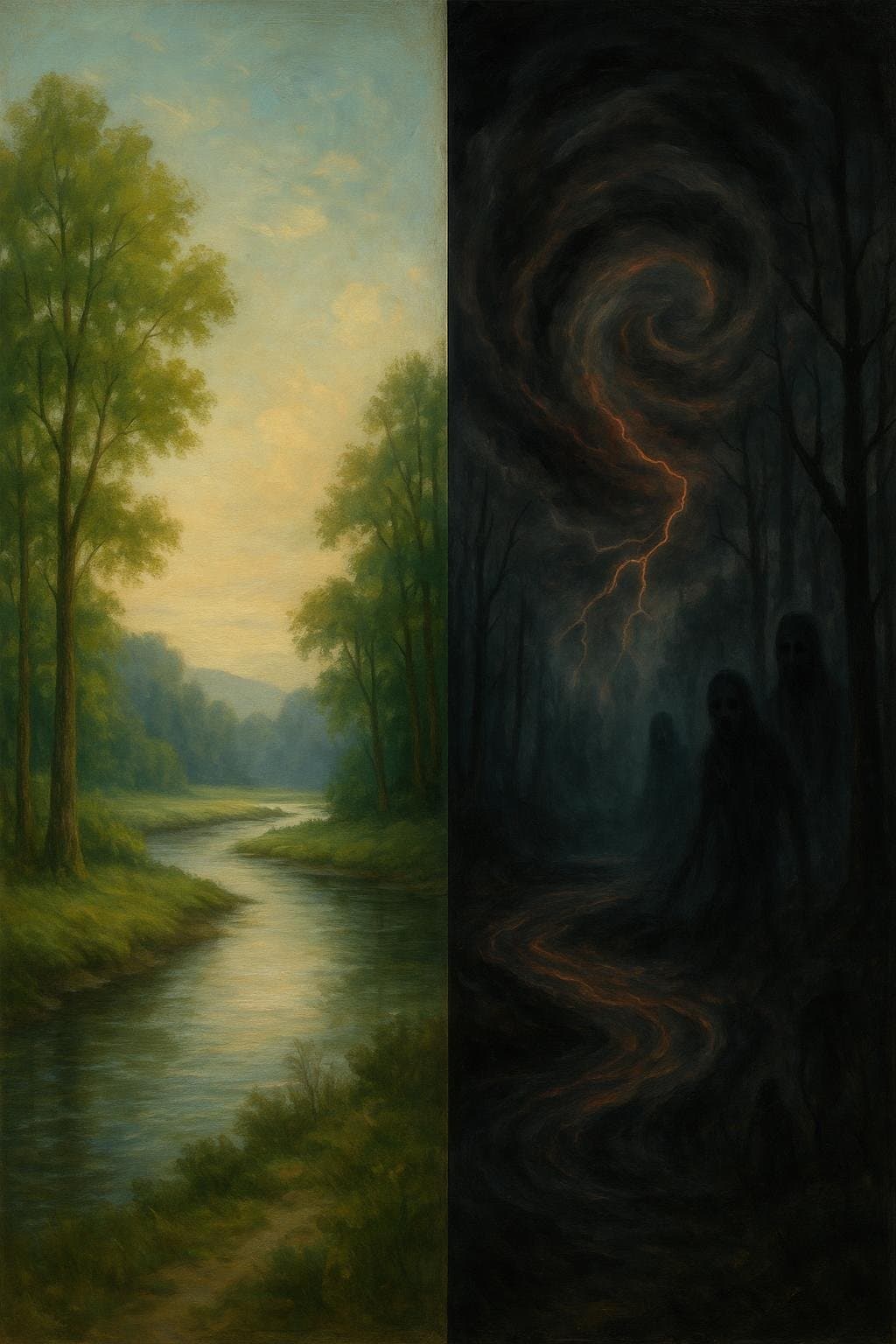Desire and Fear: Fragile Forces Shaping the Self

The rhythm of the heart is easily broken by desire; the soul is easily broken by fear. — Rabindranath Tagore
—What lingers after this line?
One-minute reflection
Why might this line matter today, not tomorrow?
Tagore’s Reflection on Human Vulnerability
Rabindranath Tagore, a Nobel laureate and philosopher, draws attention to the delicate nature of the human heart and soul. By stating that desire and fear can easily break these core aspects of our being, he encapsulates a universal truth about human frailty. This poetic insight encourages us to examine how our innermost drives and anxieties can influence not just our actions, but our very essence.
Desire and the Heart’s Volatility
Desire, according to Tagore, disrupts the natural rhythm of the heart. Just as a sudden yearning can quicken our pulse, the heart’s metaphorical steadiness is threatened when longing overtakes reason. Literary examples abound, such as in Emily Brontë’s ‘Wuthering Heights’ (1847), where desire leads characters to emotional tumult and heartbreak. This theme reminds us that, left unchecked, desire wields the power to destabilize emotional wellbeing.
Fear and the Fragility of the Soul
Transitioning from desire to fear, Tagore underscores how fear can break the soul’s integrity. Fear operates at a deeper level than desire, permeating our beliefs and undermining our sense of self-worth. In Viktor Frankl’s ‘Man’s Search for Meaning’ (1946), stories of survival under extreme duress show how fear can fracture—or, conversely, fortify—the spirit. This duality highlights not just the soul’s vulnerability, but also its potential resilience.
The Interplay Between Emotion and Identity
These insights into desire and fear invite a broader examination of how emotions shape identity. With every surge of longing or tremor of dread, our responses sculpt who we become. Eastern philosophies, such as the teachings in the Bhagavad Gita, echo Tagore’s warnings—emphasizing that unchecked emotions cloud judgment and disrupt the harmony between heart, mind, and soul. Thus, the path to self-mastery lies in understanding and balancing these potent forces.
Toward Emotional Equilibrium and Resilience
Ultimately, Tagore’s words serve as both caution and encouragement. Recognizing the fragility he describes can inspire us to cultivate resilience: breathing space for the heart amidst desire, and courage for the soul in the face of fear. Mindfulness practices and reflective traditions from both East and West teach us to observe desires and fears without surrendering to them. In doing so, we nurture not only emotional balance but also the enduring strength of the self.